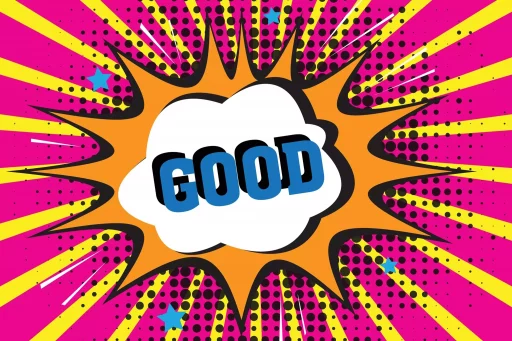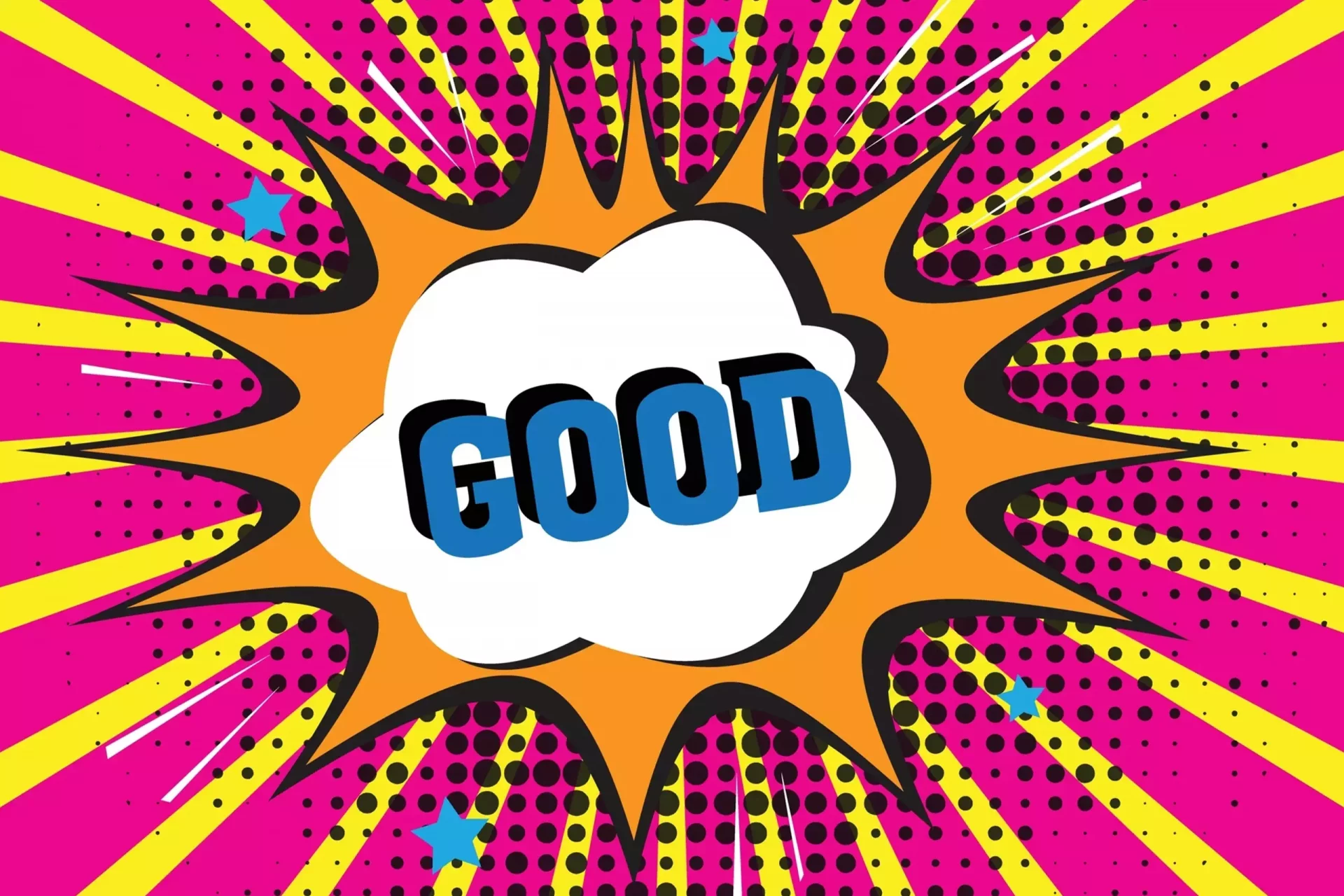Introduction
Slang is a lively and ever-evolving aspect of language, often reflecting cultural shifts, technological advancements, and social movements. However, some slang terms become outdated, making way for new expressions. This article explores dated slang terms, their origins, and the fascinating journey of language evolution.
The Nature of Slang
Slang is informal language that often emerges within specific subcultures or social groups. It serves as a tool for identity, belonging, and sometimes exclusion. Here are some defining characteristics of slang:
- Informality: Slang is typically casual and not suitable for formal contexts.
- Regional Variations: Certain slang terms can be specific to geographic locations.
- Temporal Nature: Slang can fall out of favor, becoming what we now refer to as ‘dated slang.’
Examples of Dated Slang Terms
Throughout the decades, various terms have come and gone. Here are some notable examples of dated slang:
- Groovy: Originating in the 1960s, this term was used to express approval or admiration.
- Hip: This term became popular in the late 1940s but is now largely viewed as obsolete.
- Rad: A staple in the 1980s, ‘rad’ was used to denote something awesome or excellent.
- Dope: While still in use, its meaning has shifted over time; it was once used to mean cool.
- Phat: Popularized in the 1990s, it was used to describe something fantastic.
Case Study: The Evolution of ‘Cool’
The term ‘cool’ has evolved remarkably. Emerging from jazz culture in the late 1940s and becoming widely popular in the 1950s and 1960s, ‘cool’ was a way to describe someone or something that was appealing or laid-back.
Interestingly, while ‘cool’ remains in use today, its meaning has expanded and sometimes appears as dated when used in certain contexts. The phrase “that’s so cool, man” evokes nostalgia as it hearkens back to a different era. Its longevity is a testament to the adaptability of language and how certain phrases can transcend their original meanings.
Statistics on Slang Usage
Understanding the prevalence and turnover of slang terms can be aided by statistics. A 2021 survey conducted by the Dictionaries function of Oxford University found that:
- Approximately 61% of adults admitted using slang in casual conversations.
- 40% said they felt out of touch with contemporary slang terms.
- Slang terms typically have a lifespan of 10-20 years before falling out of favor.
Why Slang Becomes Dated
There are several reasons why slang terms become outdated:
- Generational Shifts: As younger generations form their identities, they often create new slang, rendering older terms obsolete.
- Cultural Changes: Slang is influenced by popular culture, including music, movies, and fashion. As these elements change, so do the phrases we use.
- Technology Influence: With the rise of the internet and social media, new slang terms can emerge and gain popularity quickly, often overshadowing older ones.
The Impact of Dated Slang on Communication
Using dated slang can lead to miscommunication or confusion, especially among different generations. For instance, older adults may use terms like ‘groovy’ with a sense of nostalgia, while younger people might interpret it as a relic. This generational gap highlights how language can create barriers as easily as it can foster connections.
Conclusion: The Cycle of Language
As we navigate an increasingly fast-paced world, the evolution of slang will continue to mirror cultural changes. While dated slang may offer a glimpse into the past, they remind us of the rich tapestry of language that connects generations. Whether you find yourself using nostalgic terms or the latest slang, embracing the flow of language is crucial to understanding our ever-changing world.


